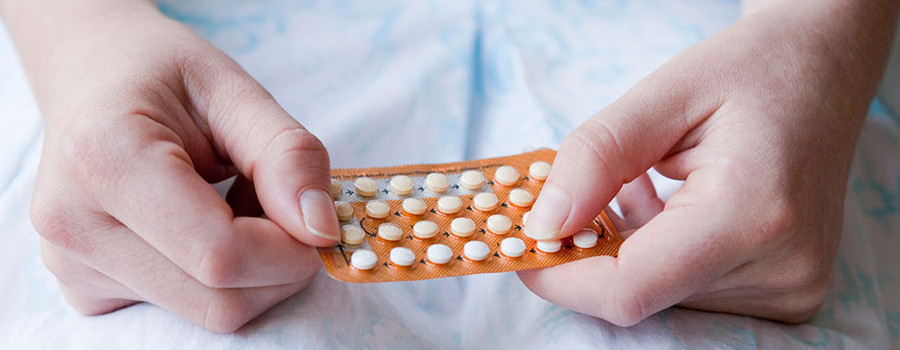Ladies, you have to read this.
Young women who are using the contraceptive pill are nearly twice as likely to suffer from depression and this is knowledge women should have.
Researchers at the University of Copenhagen in Denmark studied one million girls and women aged between 15 and 34. They found young girls who were on a combined pill (containing both oestrogen and progoestogen) were at the highest risk of using antidepressants first, being 1.8 times more likely than those who did not use the pill.
Dr. Øjvind Lidegaard from the University of Copenhagen told Hack:
“They actually have an 80% increased chance of developing depression when they get hormone contraception.”
As women age, the possibility of developing depression is less likely, moving to 1.2 times more likely – yet this is still an issue.

The university studied the health registry data of women in Denmark from 2000 and followed up after an average of six years. Of those women, 55% were on hormonal contraception and of that percentage, 23000 women had been diagnosed with depression on the first follow up. There had also been more than 133,000 women who received their first prescription of antidepressants.
It should also be noted that the women studied did not have a history of mental illness.
“We were following women who, from the beginning, were mentally healthy,” Dr. Lidegaard told Hack.
There are also differences in regards to what type of pill is used. Australian women typically use the combined pill, but some use the mini-pill (only progoestogen) and this was found to have an increased risk of depression. Adolescent girls are 2.2 times more likely to be on anti-depressants and adult women are 1.3 times more likely.
This is problematic because the pill is the most common contraceptive method for women – nearly 30% of women are on it. Despite its numerous side effects and issues it can cause among women, this is a rather new development.
Dr. Lidegaard notes that further research must be conducted to find the potential adverse uses of the pill as this initial research is the first to survey and track women who have been on the pill for a long time, assessing whether their risk of developing depression was linked to the pill.

